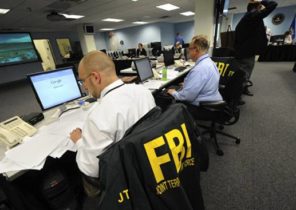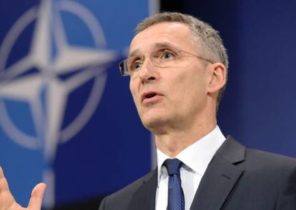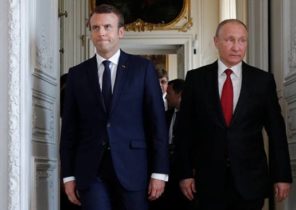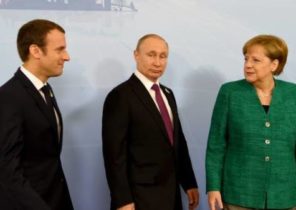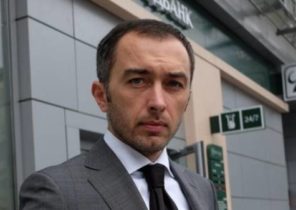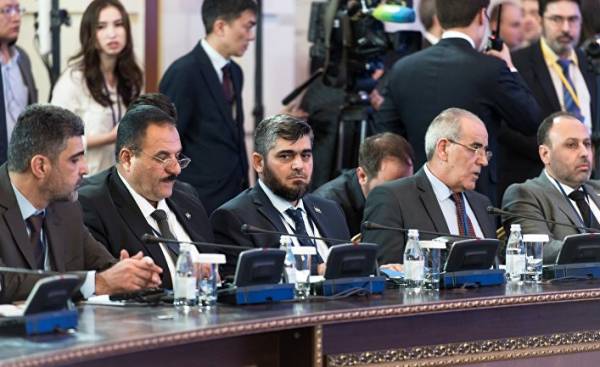
The representatives of Turkey, Iran and Russia meet again in Astana this week. Three are involved in the Syrian conflict countries intend to negotiate the terms of the ceasefire agreement which was signed 30 Dec. For the first time in six years of these talks, initiated by Russia, there are chances for a successful conclusion, according to the French geographer and diplomat, Michel Forse (Michel Fourcher).
Le Point: All mediation attempts of the UN has been a failure. Why the Russian initiative is more promising?
Michelle Furse: After hard intervention in Aleppo, Russia has formed a balance of power that forces nagykaracsony Sunni opposition to negotiate. In addition, only Moscow may force Damascus to speak to opposition. At the first meeting in late January, the two camps first met face to face. On the one hand was the regime, and with another — the representatives of the armed, but nagykaracsony opposition. Russia — the only one who can find a way out of the conflict because it is in a position of strength militarily and politically. The proof is the turn of Turkish diplomacy, which no longer requires the departure of Bashar al-Assad.
— Last meeting in Astana did not give specific movements. Iran slows down the process?
— The similarity of interests of Russia and Iran is not infinite. In addition to historical mistrust of Tehran to Moscow, it is worth noting that it does not seem natural and legitimate desire of Russia to present itself as a regional power. The Russian presence has alienated the West from the Arab East that plays into the hands of Iran’s interests. In the end, the US military intervention in 2003 has allowed Iran to assert its influence in parts of Iraq, which ceased to be threats. This operation brought to Tehran considerable strategic dividends. To consider such a scenario in Syria for Iran is much riskier. In any case, the important thing is that the process has begun, and that agreement is possible.
— Does Russia other scenarios in addition to preserving Bashar Assad in power at any cost?
Russia firmly holds to the principle of rejection of the power mode change due to the Libyan scenario, as well as the Arab spring and the orange revolution in Ukraine. Russia is concerned that Syria may become directed against the hotbed of terrorism. In addition, Moscow is available on Syrian territory many strategic interests that get embodied in military bases, weapons contracts, agreements with oil producers and diplomatic influence. These interests do not involve perpetual support for a specific leader, whose weakened political status in the international arena and discrediting the moral will ultimately not play into the hands of Moscow. Russia is well aware of the geopolitical situation in the country and the region to realize the impossibility of achieving even minimal stability in the marginalization of Syrian Sunnis (73% of the population — approx.ed.) even among those there is a serious split. In the centre of the current negotiations is the question of joining forces to combat the jihadist movement, “al-Qaeda” and “Islamic state” (banned in Russia as a terrorist organization — approx.ed.) in exchange for participation in the Central government.
